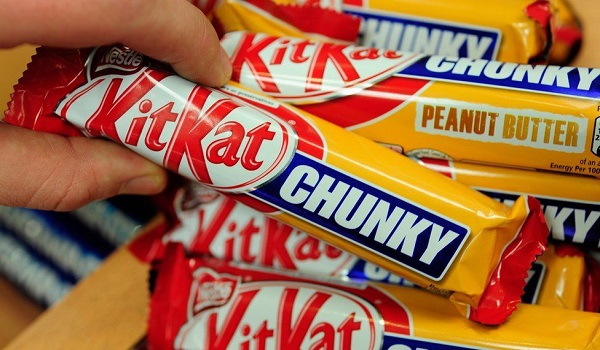A group of investors is urging Nestlé to increase the proportion of its sales derived from healthier products, citing concerns over regulatory, reputational, and legal risks, as well as the public health implications associated with the overconsumption of unhealthy foods. The coalition alleges that Nestlé currently generates 75% of its global sales from products containing high levels of salt, sugar, and fat.
With $1.68 trillion in assets under management, these investors are backing a resolution that would mandate Nestlé to boost sales of healthy products based on internationally accepted standards. This resolution is set to be voted on at Nestlé’s annual meeting in April.
The call for action comes amid growing pressure on food manufacturers to improve the nutritional profiles of their offerings, as unhealthy diets have been linked to various health issues such as diabetes and heart disease. The World Obesity Organization estimates that the economic impact of overweight and obesity could exceed $4 trillion by 2035.
While Nestlé had previously pledged to increase sales of more nutritious products by 50% by 2030, the investor group led by ShareAction believes that this commitment falls short of expectations. They argue that Nestlé’s target includes products like coffee, which they deem to have no nutritional value, and baby food, which they suggest would make it easier for Nestlé to achieve its goal.
Maria Larsson Ortino, senior global ESG manager at Legal & General Investment Management, one of the shareholders, expressed disappointment with Nestlé’s response to their concerns. She noted that discussions with the company had reached an impasse and emphasized the importance of pressing Nestlé and the food and beverage sector as a whole on the issue of nutrition.
For the shareholder proposal to pass, it would require support from at least 50% plus one vote of the registered share capital represented at the annual meeting in April.
Nestlé, however, disputes the claims made by ShareAction, asserting that only 38% of its net sales, excluding pet care and specialized nutrition, come from products considered “healthy” according to the Health Star Rating system. The company emphasized its commitment to transparency and innovation in improving the health profile of its portfolio.
In response to ShareAction’s assertions, Nestlé stated that it disagreed with the notion of excluding products like plain coffee or vitamins from its healthy product targets. The company defended its efforts to enhance the healthfulness of its offerings and argued against targeting specific areas of its portfolio.
While Nestlé acknowledged ShareAction’s perspective, it maintained that limiting growth in certain product categories would not yield significant public health benefits and could potentially weaken valuable segments of its portfolio.


